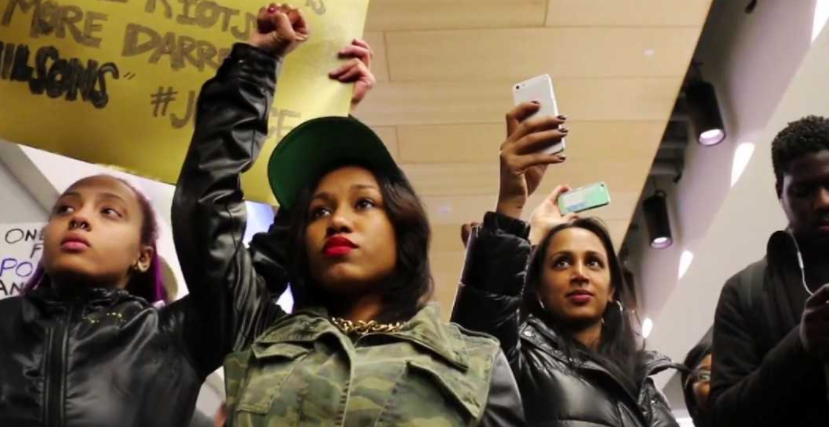Browsing the internet, sending an email, texting, making a call, reading the news – these are actions that many people around the world want and need to do every day. Depending on the society we live in, and what our demographics represent to the entities exercising legislative or economical power on it, these tasks can seem mundane, be potentially harmful, or made impossible.
 Protesters documenting a #BlackLivesMatter demonstration. From How women are leading the #BlackLivesMatter movement. Text and picture by Jihan Hafiz. Aljazeera America.
Protesters documenting a #BlackLivesMatter demonstration. From How women are leading the #BlackLivesMatter movement. Text and picture by Jihan Hafiz. Aljazeera America.
Continue reading Anti-surveillance and anti-censorship projects to support and donate to